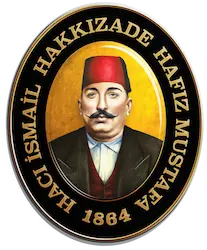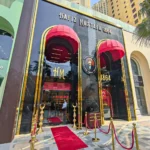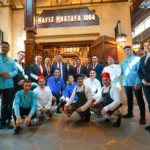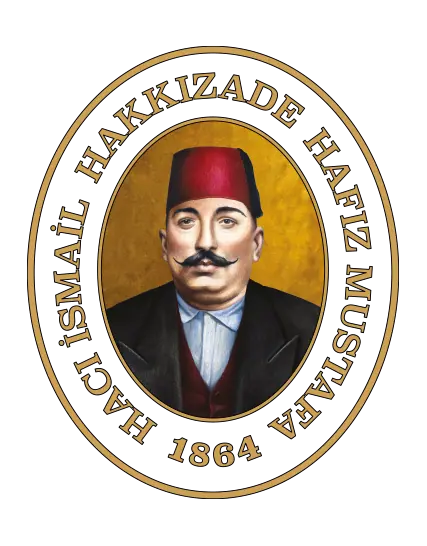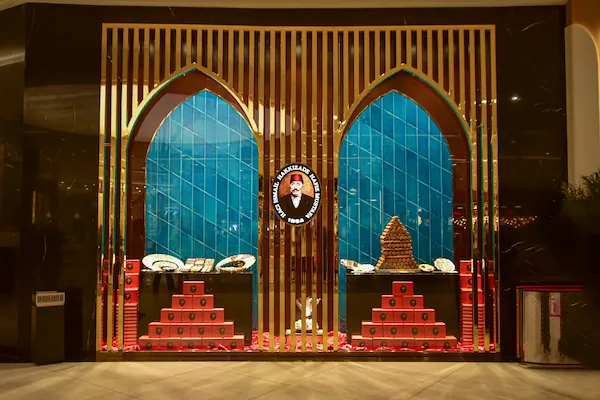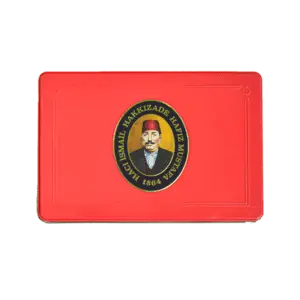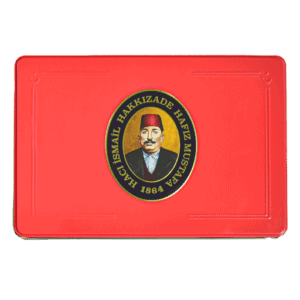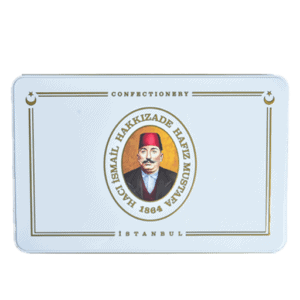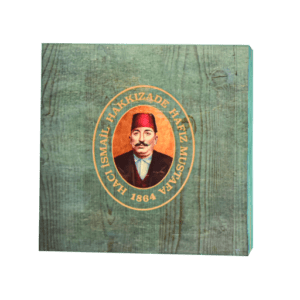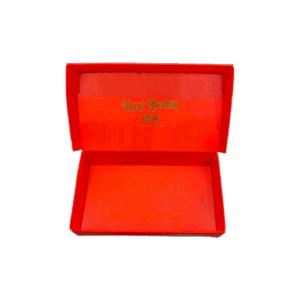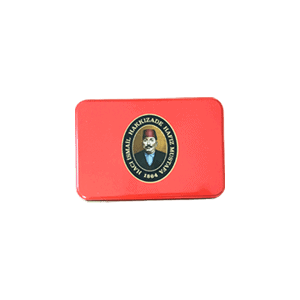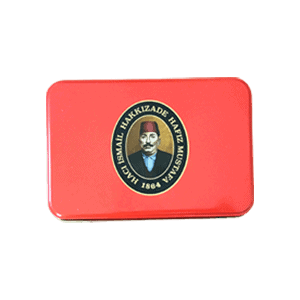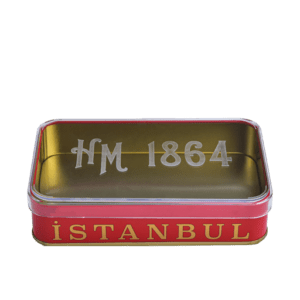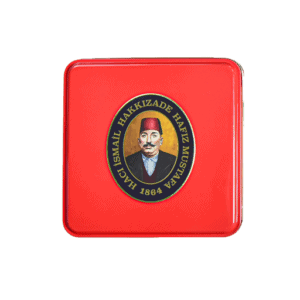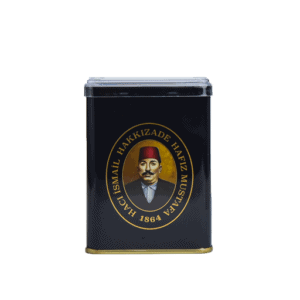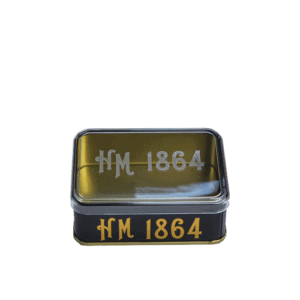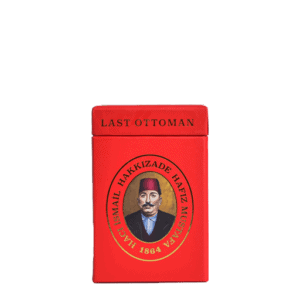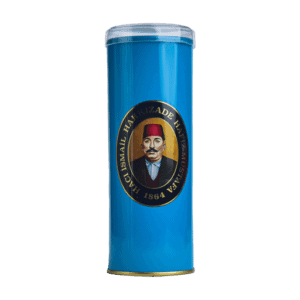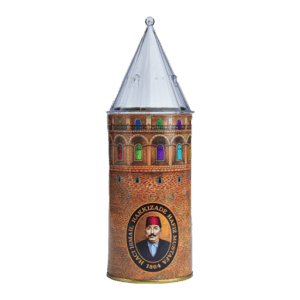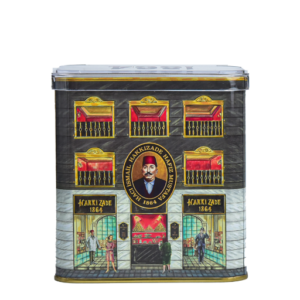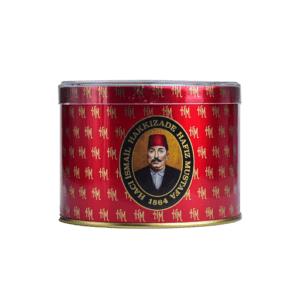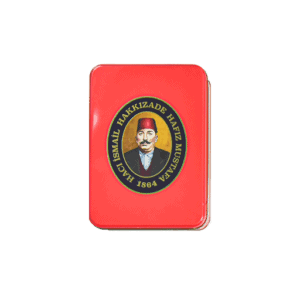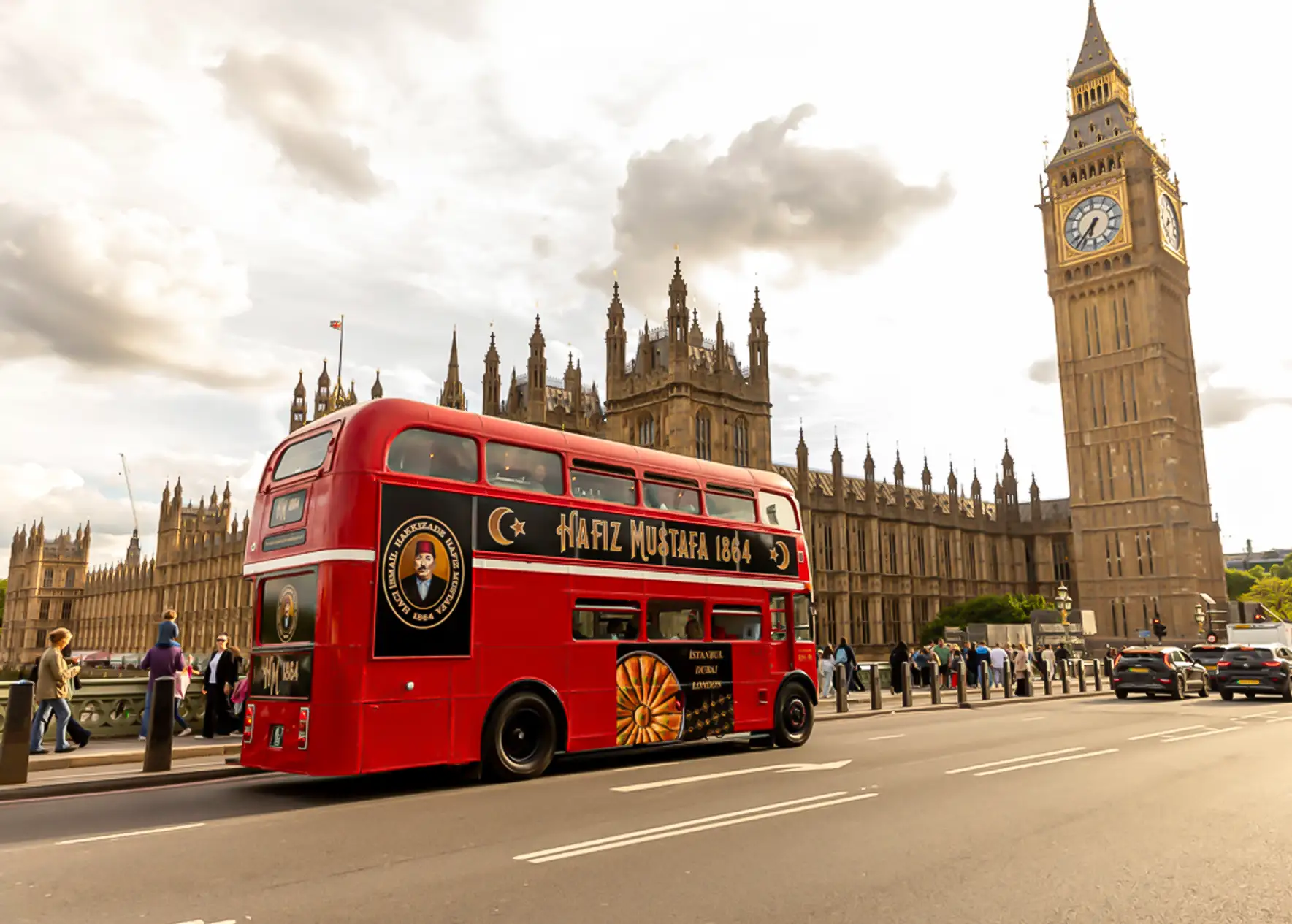
London Meets Istanbul on Wheels: Hafiz Mustafa Hits London Roads
Street Debut On Red Wheels
Londoners thought they knew their celebrated double-deckers. Then a crimson legend cruised past Westminster Bridge, gold lettering of Hafiz Mustafa 1864 gleaming beside the route number. A fez-topped driver at the wheel, oud notes drifting from upper-deck speakers, pistachio aromas swirling in the aisle. Hard to miss. Harder to dismiss. Cameras popped, social feeds lit up. Heritage met high-street traffic, and traffic never tasted so sweet.
Ottoman Ritual Finds A New Lane
Step through the folding door, and the usual ticket machine feels miles away. Copper trays rest on polished tables lined with baklava, Turkish delight, rose water, and a neat stack of pistachios. Tulip-shaped glasses stand ready. Steam rises. Tea flows. Passengers lean back as Big Ben slips past the window, half-hidden by a gentle cloud of bergamot-scented vapour. Afternoon tea? Fresh script, fresh setting, same mid-day comfort.
Uniforms, Music, Rhythm
Crew members wear tailored jackets trimmed in Ottoman motifs. The fez on the driver cements the theme—instruments on the lower deck support a lone oud player. Strings ripple, city horns answer, an odd duet yet oddly harmonious. Media guests nod, charmed yet alert, pens racing across notebooks, dictaphones flashing red. Heritage seldom moves at forty kilometres per hour, yet here it races along Regent Street without a hint of haste.
Hafiz Mustafa 1864 converts a legendary red double-decker into a mobile Ottoman tea room, serving tulip glass tea, baklava, delight, pistachios, and oud tunes across central London.”
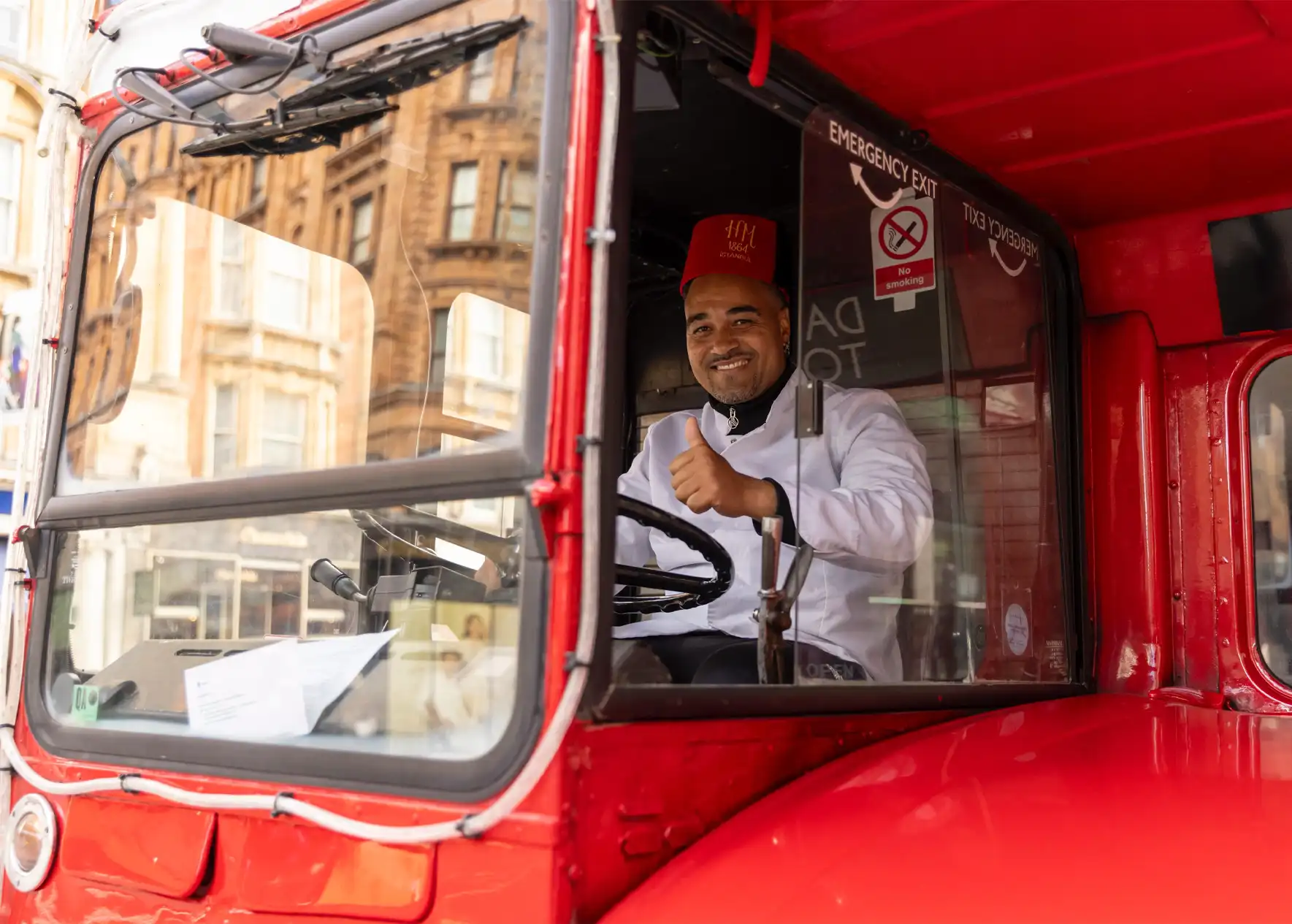
Fez-wearing driver welcomes guests aboard
Hafiz Mustafa 1864
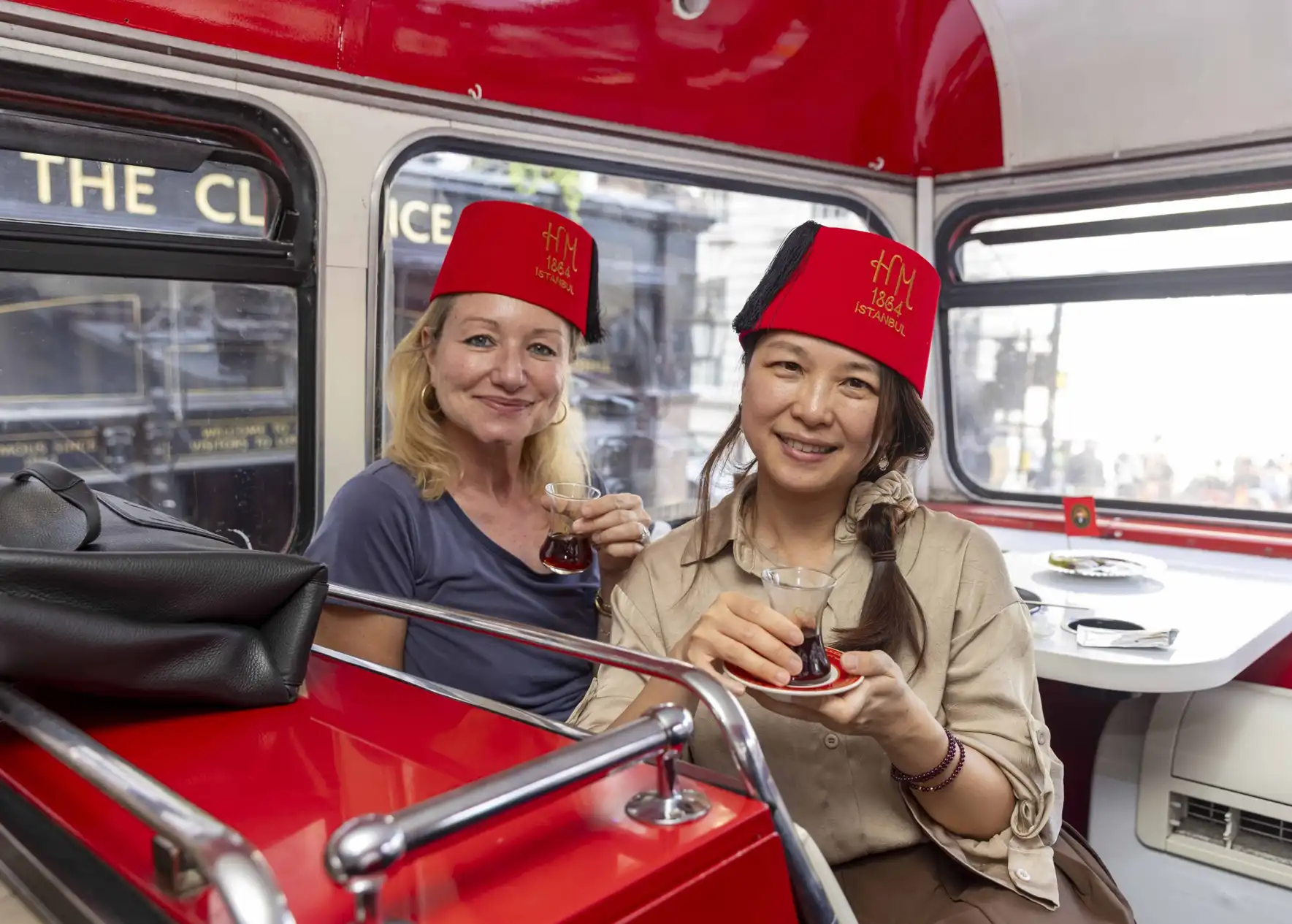
Passengers enjoy tea service while passing Big Ben.
Hafiz Mustafa 1864
Knightsbridge Flagship And North London Hub
September 2024 saw Hafiz Mustafa cut the ribbon on a spacious Knightsbridge branch—1,000 square metres of gilt mirrors, marble counters, and pastry towers. A fresh production site in North London covers 3,500 square metres, supplying every tray on the bus, plus retail shelves from Hyde Park to Haringey. Volume meets artistry, a balance seldom reached in confectionery. Hafiz Mustafa’s Istanbul headquarters keeps pace, fine-tuning recipes first penned in 1864.
Chairman’s View
Eren Ongurlar, chairman and guardian of a 161-year legacy, smiles at the vehicle’s red paintwork. “London treasures these buses,” he notes during a brief stop near Piccadilly Circus, “and Türkiye treasures Hafiz Mustafa in the same way.” His voice carries calm pride rather than corporate hype. He confirms that requests for repeat circuits already overflow the booking ledger, and planners study calendar slots for seasonal routes—Ramadan evenings, summer tourist surges, winter lights.
Media Pulse And Public Curiosity
Journalists sip, scribble, nibble, and repeat. Questions fly: recipe origins, tea sourcing, sustainability standards. Answers arrive swiftly, precisely, and confidently. Social media roars approval. Local race bus schedules, eager for a seat before the limited press preview wraps, visitors queue near Trafalgar Square, passports in one hand, phone cameras in the other. A mobile venue offers novelty; an Ottoman patisserie on tyres offers narrative power.
Expansion Roadmap
Istanbul soon gains a 45,000-square-metre factory, designed to supply Europe, the Gulf, and further markets. Oxford Street awaits a flagship store, while Dubai’s Souk Madinat prepares ornate arches for pistachio-rich trays. Product lines extend—organic Turkish delight, baklava, kadayif, herbal infusions. Yet core values remain: family recipes, measured sweetness, and generous hospitality.
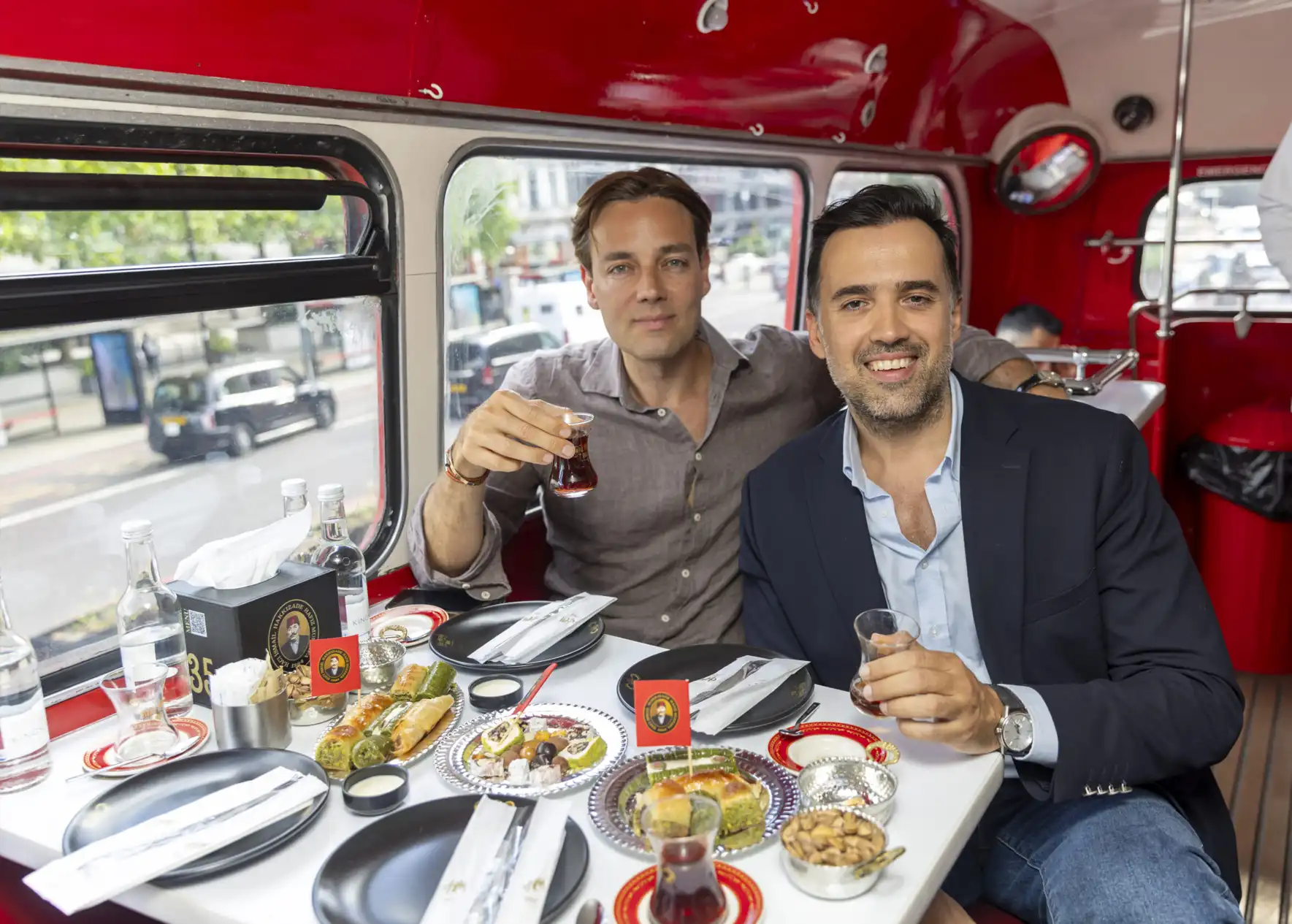
Guests smile as tea reaches the table.
Hafiz Mustafa 1864
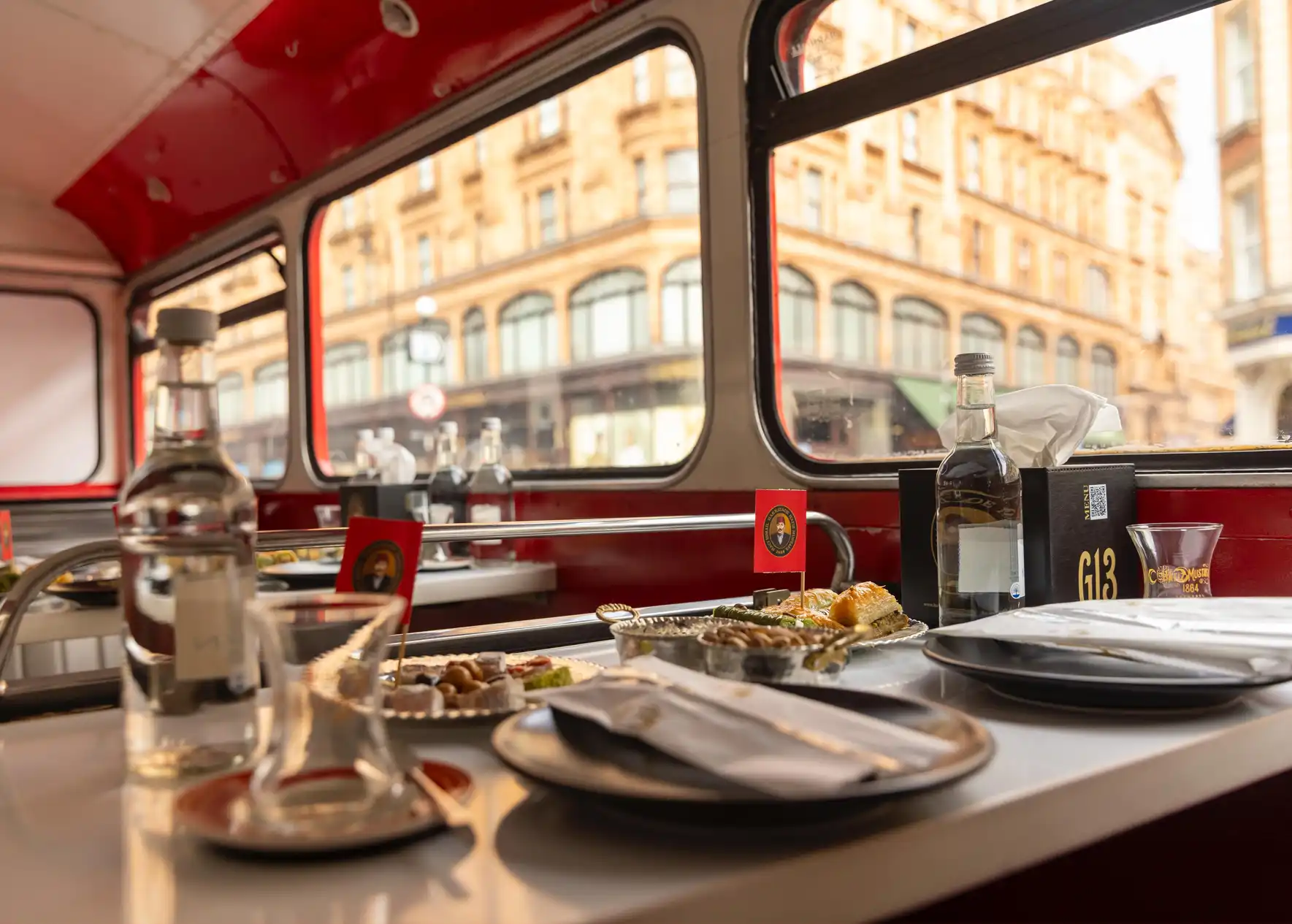
Every table rests under soft window light.
Hafiz Mustafa 1864
traditi
Turkish and British Cultures
British afternoon tea shaped global leisure culture. Turkish tea moulded social life in Türkiye. Now, both share a single chassis. Cultural cross-pollination usually takes place in cafés or galleries. Hafiz Mustafa places it on wheels, weaving through traffic lights, waving at tourists, gliding under grey skies—a metaphor on motion. Heritage refuses static display; heritage prefers fresh air, crowd chatter, tyre hum.
The bus pulls beside Marble Arch. Trays empty, glasses half-full, smiles wide. Passengers step onto the pavement, cheeks warmed by traditional taste. A conductor tips his fez. Engines purr, doors hiss, and the route continues. London keeps rolling. So does Istanbul heartland, alive on British asphalt—sweet symbiosis, plain and simple.
